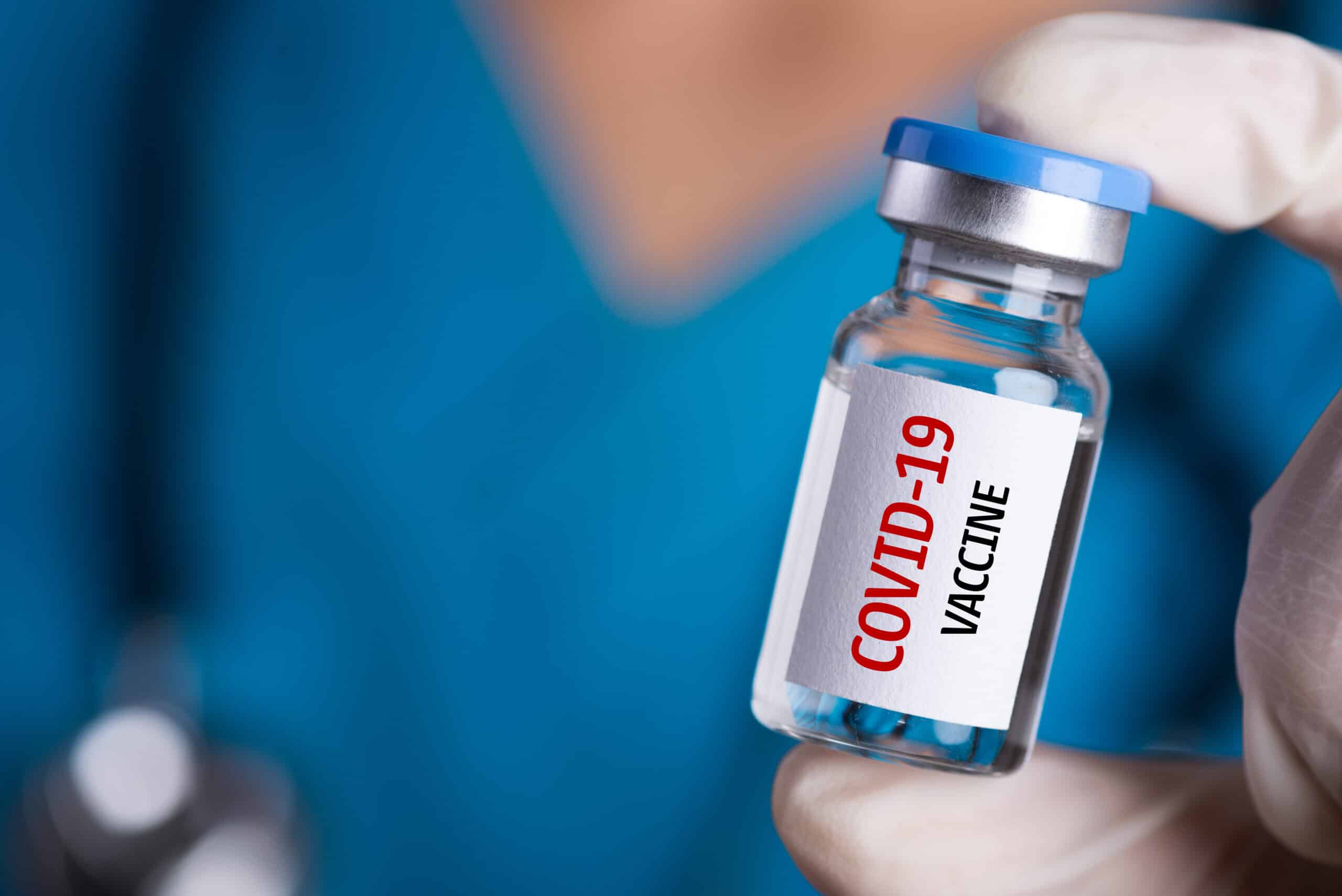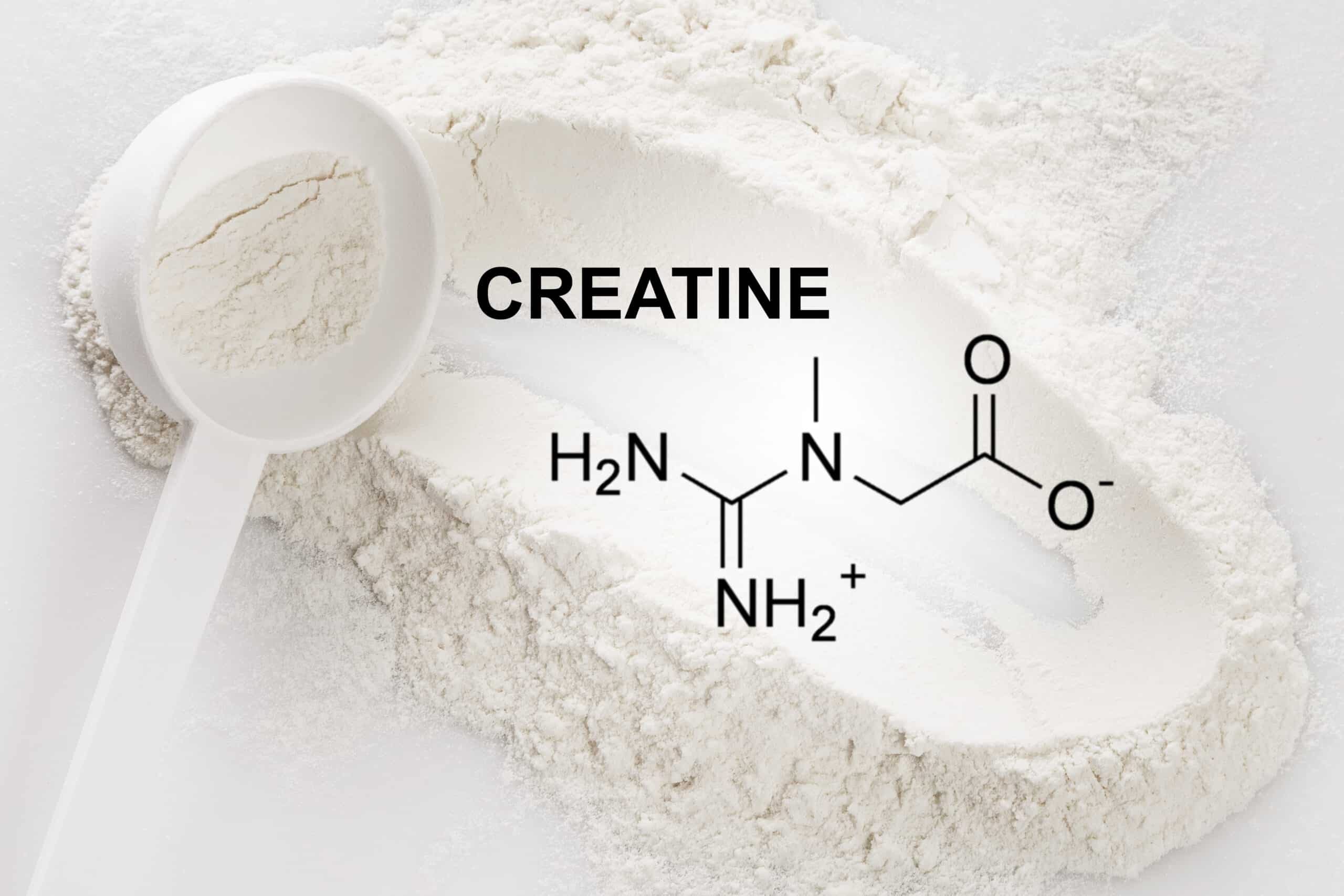Given all that’s happened in recent weeks, we’d like to share our thoughts on the pandemic news, and update you on what we’re seeing. News of the rapid spread of the new Omicron variant is concerning, but there is still much reason for optimism. While this year has seen the new variants of the COVID virus become more contagious, it has also seen the development of very effective vaccines and treatments.
As most of you know, reports from South Africa have shown that the recent wave of cases caused by the Omicron variant have spread more quickly than prior waves. There is good data now that this strain is even more transmissible than the Delta variant. It also looks like having been vaccinated, or having had a previous COVID infection does not provide sufficient immunity to prevent a symptomatic Omicron infection. The good news, however, is that these infections in South Africa, where many people have likely had a prior COVID infection, and thus some immunity, have tended to be mild. Many of the Omicron cases were found incidentally, in people who were being hospitalized for an unrelated reason.
How effective are prior infection, a two dose mRNA vaccine series, or a booster vaccine against Omicron?
Laboratory evidence from South Africa looking at blood from individuals who had received 2 doses of Pfizer’s vaccine showed significantly lower levels of antibodies that neutralize Omicron compared to the wild strain of COVID (22-fold reduction in antibody levels.) This predicts that the original 2 dose Pfizer series would have only a 35% effectiveness in preventing symptomatic Omicron infection, but still a high level of a protection against having severe disease. Having a 3rd vaccine dose (booster) increased antibody levels 25-fold, to a level that is known to offer excellent protection against symptomatic disease.
There is also now similar laboratory data looking at blood from people who have had the Moderna vaccine series, showing that antibody levels against Omicron are fairly low after the original series, but are much higher in those who also had the booster.
Please keep in mind that low antibody levels may still be enough to prevent a person from developing severe disease. This data, however, gives us more reason to recommend that everyone who is eligible (ages 16 and up) get a booster, and those who have not yet had the primary vaccine series should start now, even if they had a prior case of COVID.
What is most important is that it looks like any level of protection (either having had a past infection or vaccination (2 or 3 doses)) appears to be enough to prevent the majority of severe disease.
Currently in the U.S., cases are increasing rapidly again in the Northeast and Midwest. The current surge started with almost all cases caused by the Delta variant, but the percentage of Omicron is increasing rapidly. For the week ending 12/11/2021, the CDC reported that 2.9% of cases were due to Omicron, which is up from 0.4% the week prior. It is likely that the current percent of Omicron is now much higher, as this data is all about a week behind. In London, this week, Omicron has taken over as the dominant strain. Stanford has found 5 cases of Omicron as of Wednesday of last week, compared to 0 in the week prior. The majority of local positive specimens are still the Delta variant, but this is likely already changing.
What does this mean for us? And for the country? And for the world?
For most of us, I think this means that we will all likely be exposed to this virus at some point in the future. It is hard to envision how this will not continue to circulate, like the other respiratory viruses such as influenza, rhinovirus, parainfluenza virus, respiratory syncytial virus, etc. Most people probably have between 3 and 10 upper respiratory infections (colds) a year. Half of these may be completely, or almost completely asymptomatic. Currently, we have seen cases of COVID positive PCR results in people who were vaccinated, and have little, or no symptoms. This is likely part of the reason for the high rate of transmission that is now being reported. The big question is: Exactly how much risk is there for someone who is vaccinated, to have severe disease from an Omicron COVID infection? Thankfully, it looks like this risk is low, but we still don’t yet know exactly how low.
From a public health standpoint, the biggest risk is that we have a large unvaccinated group in this country, and the world, who are at much higher risk of hospitalization or severe disease. In parts of the U.S., hospitals are already at capacity. It is likely that we will be hearing more about this burden on patients, and hospitals in the coming one to two months. It is also concerning that much of the world has not yet had access to vaccines. Locally, we are not yet seeing any increase in COVID hospitalizations.
On a more positive note, Pfizer is asking for emergency use authorization on an oral medication for the treatment of outpatient COVID illness. They showed an 89% reduction in hospitalization or death in patients treated with a twice daily pill for 5 days (started within 5 days of symptom onset.) I suspect that we will have this option in the fairly near future.
Rapid antigen tests are available over-the-counter at pharmacies (BinaxNOW from Abbott, Quickvue from Quidel, etc.) Please keep in mind that these tests are more sensitive if someone is having symptoms, but less so if the person is asymptomatic. They still are fairly good at detecting whether or not a person is currently contagious, i.e. having a high viral load (at the time of the test). Some people have opted for pre-testing prior to social gatherings.
Looking forward to the next few weeks, I would advise everyone to get vaccinated if they haven’t yet, and to get a booster if they’ve been waiting. With respect to social planning, I think that we are in a transition period now between a time when the goal was to avoid exposure at all costs, to a time when we are able to minimize risks. I do think that in the not too distant future, we will be able to get risks down to a level that is not any different from the very small risks that were present before the pandemic.
Looking forward to a happy and healthy 2022!
Ian Kroes MD and David Hiroshima MD
This blog was published by Peninsula Doctor Concierge Medical Team located in Menlo Park, CA. December 20th, 2021
Omicron: How effective is prior infection and vaccines against Omicron?



